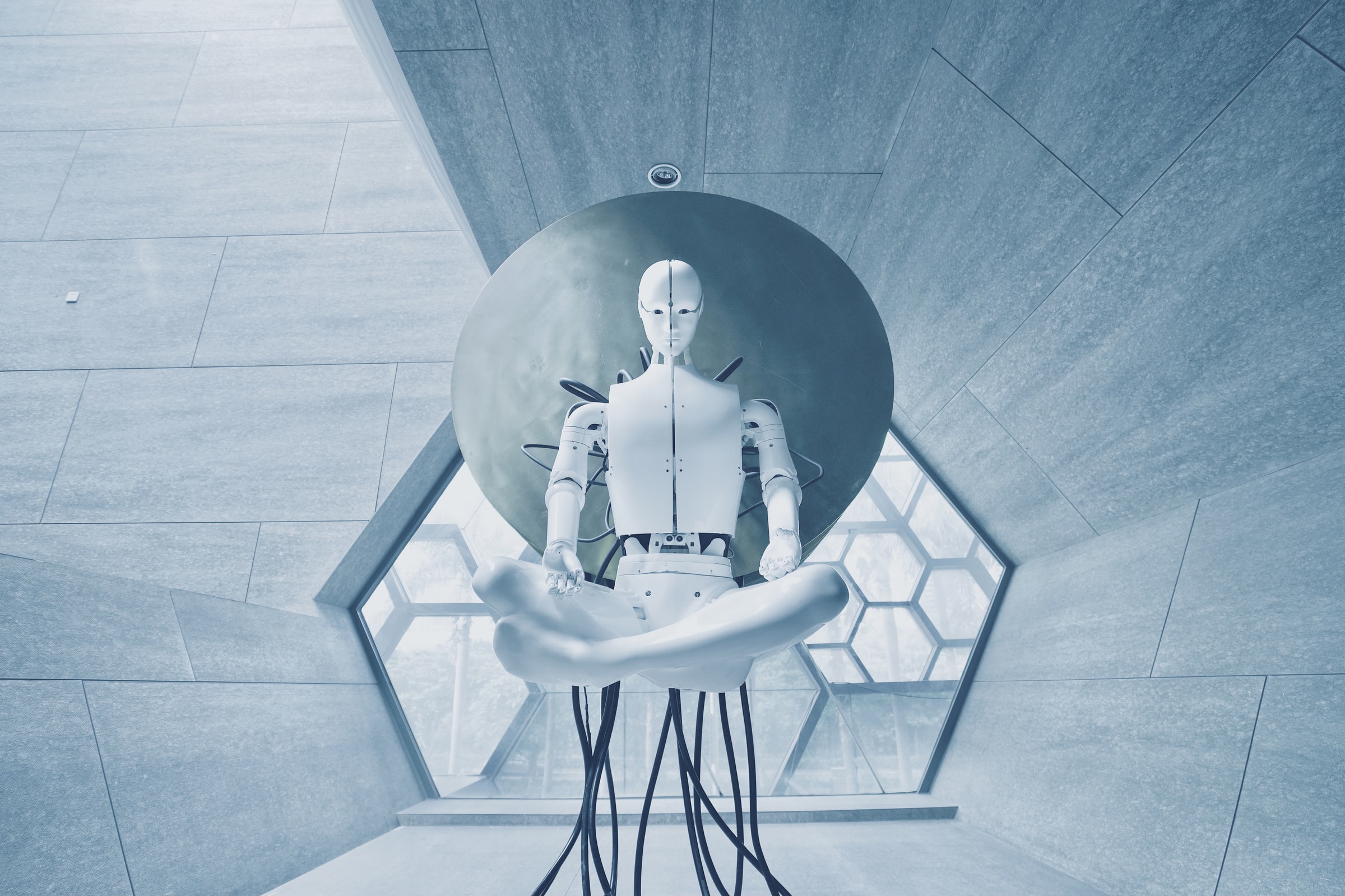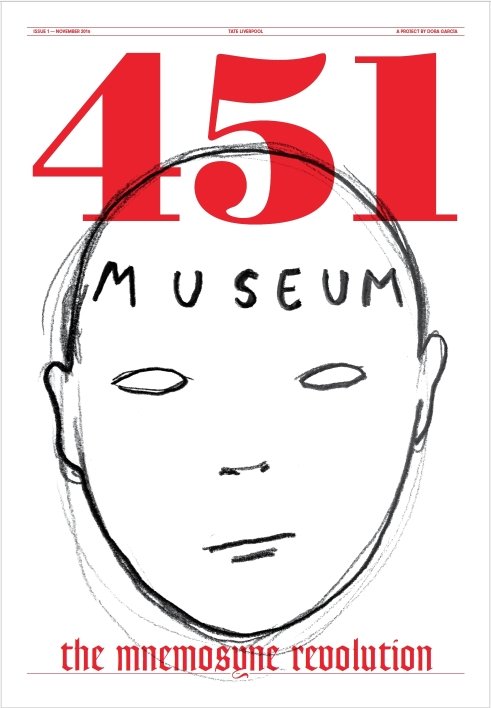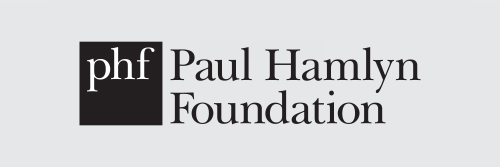

Imagining Disaster: Science Fiction X Contemporary Art
‘Science Fiction was always about more than cheap special effects and pulpy storylines.’
Mike Pinnington on why contemporary artists increasingly turn to the genre as a space to mobilise, and rethink the here and now…
In Ray Bradbury’s dystopian novel Fahrenheit 451 (1953), Captain Beatty — the chief of a fire station in a future where books are illegal, and a fireman’s job is to burn them — declares: ‘A book is a loaded gun in the house next door. Burn it. Take the shot from the weapon. Breach man’s mind.’ After all, he goes on to ask: ‘Who knows who might be the target of a well-read man?’ What Beatty so luridly reflects here is society’s anxiety at the power of an idea. The power of knowledge to disrupt the status quo. The firemen, therefore, are constantly on the lookout for dissidents and subversives, who keep books and, should they be burnt, learn them by heart, so that the ideas within their pages are kept alive.
Ideas, of course, are communicated in many forms — not least by visual artists. It wasn’t so very long before Bradbury wrote Fahrenheit 451 that the Nazis were confiscating and burning so-called ‘degenerate’ works of modern art. There were strong echoes of Bradbury’s book in the 2015 exhibition Works To Know By Heart: An Imagined Museum. ‘You’ve arrived at Tate Liverpool in the future. All of the works of art on display are about to disappear, forever’ warned the blurb. A great idea from science fiction transposed to the gallery, it looked back to the degenerate art exhibition and foreshadowed our lack of access to IRL gallery visits during these months beset by COVID.
Among the many ‘works to know by heart’ included in this real-life ark for culture was Chris Marker’s haunting ‘photo-novel’, or un photo-roman, La Jetée (1962). Composed almost entirely of black-and-white still images, it begins (in French text and English voiceover) with the explanation: ‘This is the story of a man marked by an image of his childhood. The violent scene which upset him and whose meaning he was to grasp only years later happened on the main pier of Orly, Paris airport, sometime after the outbreak of World War III.’
Although there is even more going on in La Jetée than it at first seems, with its mobius strip post-apocalyptic time travel plot, it is hard not to read it as real-life warning: of the threat of nuclear war posed by the USSR and USA. Later that decade, Armageddon still pending, Susan Sontag observed in her essay The Imagination of Disaster that: “Science fiction films are not about science. They are about disaster, which is one of the oldest subjects of art.” Although dealing specifically with films belonging to what was then still thought of as a niche, often pulpy genre, Sontag’s assertion that these movies were about more than cheap special effects was very much on the money.
Disasters, though, aren’t always as on-the-front-page immediate a threat as a Cold War predicted to soon get very hot. They can be much more insidious than that, and more attritional, spanning decades, even centuries. Harold Offeh’s Hail the New Prophets (2021) is an interactive spaceship that appeals to freedom through speculative thinking. Its audio track of ‘messages for the future’ is in keeping with and inspired by the mythology of self-determination found in the Afrofuturism of jazz musician Sun Ra and writers such as Octavia E Butler. It offers the possibility to reimagine and strive for a better world than the one we see before us today: that of social injustice, residual colonialism and racism; urgent issues perennially brought back into focus, most recently by Black Lives Matter.
Artists are also harnessing the story-telling potential of science fiction to address impending climate disaster, and the power of tech giants such as Amazon and Google. Moon Kyungwon and Jeon Joonho began working together in 2007 after growing increasingly disillusioned by the artworld they inhabited, and have since dedicated themselves to interrogating how art might relate meaningfully to our lives. To do this, they turned to science fiction. Their 2012 film El Fin del Mundo is part-set in a dystopian future, one where conglomerates fill the vacuum of nation states, offering citizenship and housing in return for servitude and compliance. Their latest work together, about to open at Korea’s National Museum of Modern and Contemporary Art, relates to Daeseong-dong, a village that lies on the South Korean side of the demilitarised zone (DMZ). Titled Freedom Village, its world set beyond space and time poses questions about the contradictions in human ideologies and systems.
‘By employing a way to look at the future instead of the present, we wanted to address current issues, especially in relation to what art is and what art could be,’ they have said. And here is one of the central reasons why artists, increasingly it seems, use science fiction as the lens to communicate and magnify their ideas. In Prof. Roger Luckhurst’s essay for Imagining Disaster, he states: ‘to estrange the worlds we live in; to jar us awake from our own dreamworlds, and to see the planet anew’ brings us closer to also imagining the possibility to reset and rethink our own world here and now. As with Afrofuturism, it allows us the space and optimism to create a different, better reality. In her newspaper-style publication for An Imagined Museum, sent from a proposed future in which the very existence of art is under threat, Dora Garcia asserts: ‘Reality is not very real. Anything can happen.’ The future isn’t written, she is saying, we should make of it what we want. Just like they do in science fiction.
–
Mike Pinnington is a writer and editor based in Liverpool. He is the co-founder and editor-in-chief of visual arts and cultural commentary publication, The Double Negative. His writing has appeared in international publications, including The Art Newspaper, Art Quarterly, ArtReview, Ocula and byNWR, amongst others. He is currently writing a book about Science Fiction and Contemporary Art.
This essay was commissioned as part of Imagining Disaster: Science Fiction X Contemporary Art. Join the conversation #ImaginingDisaster
Images: Photo by Aideal Hwa on Unsplash;
Dora Garcia, The Mnemosyne Revolution

